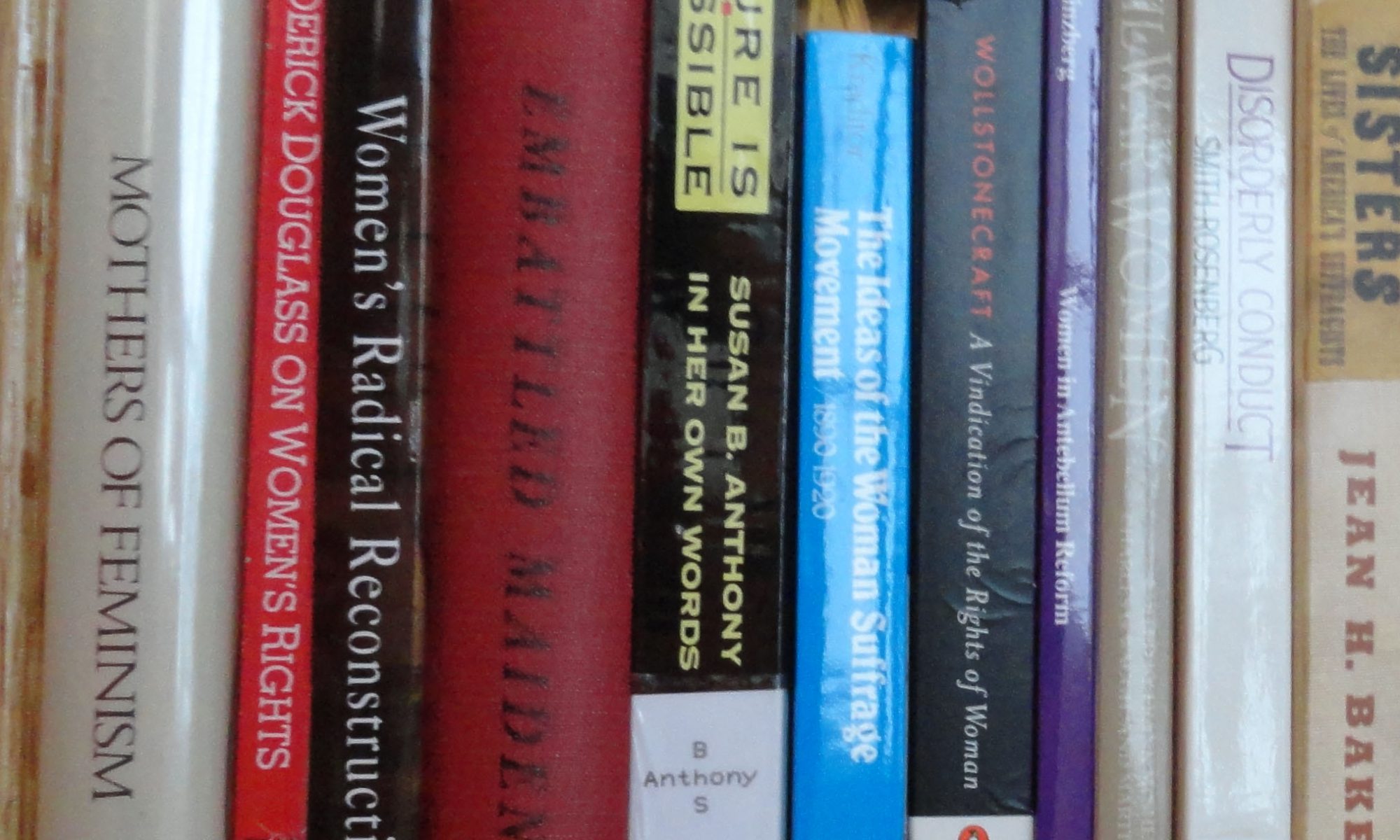“Our stories are the masks through which we can be seen, and with every telling we stop the flood and swirl of thought so someone can get a glimpse of us, and maybe catch us if they can” Madeleine R. Grumet
 Madeline Grumet is Professor of Education at the University of North Carolina at Chapel Hill. In her writing she has focused on feminist theory, curriculum, and the role of arts in education. Her book Bitter Milk is considered one of the major works in feminist education.
Madeline Grumet is Professor of Education at the University of North Carolina at Chapel Hill. In her writing she has focused on feminist theory, curriculum, and the role of arts in education. Her book Bitter Milk is considered one of the major works in feminist education.
It is no accident that the analysis of writing comes to mind when we think of reading. Attention to moments of composition has revealed contingencies, elisions, contradictions, and explosions that constitute the text. Think of the repugnance one often feels for a text that is recently completed. There, clinging to all the lines, are shreds of ideas that never quite made it to expression, fragments of the negative example, the other possibility, that the sentence, the chapter, the ideology, the deadline, the habit, the defense mechanism just could not admit. Only time and forgetfulness smooth these rough edges so that we no longer remember what has been left behind, and then the text that has seemed so partial, merely provisional, prevarication, becomes THE TEXT, clear, complete, necessary, and sufficient. Some of the reader response research done in Indiana by David Bleich and Eugene Kintgen confirms my own impression from engaging students in that process we call “close reading” of texts. We see that both writing and reading require what Ernst Kris has named regression in the service of the ego. The interpretation of theoretical texts and dense prose often calls on students to draw on their own store of associations, and very free ones at that, in order to construct the world that the word lives in.
Excerpted from Bitter Milk “Bodyreading” pp. 144-145
Read the Full Text of Bitter Milk here: http://www.questia.com/library/1311476/bitter-milk-women-and-teaching
